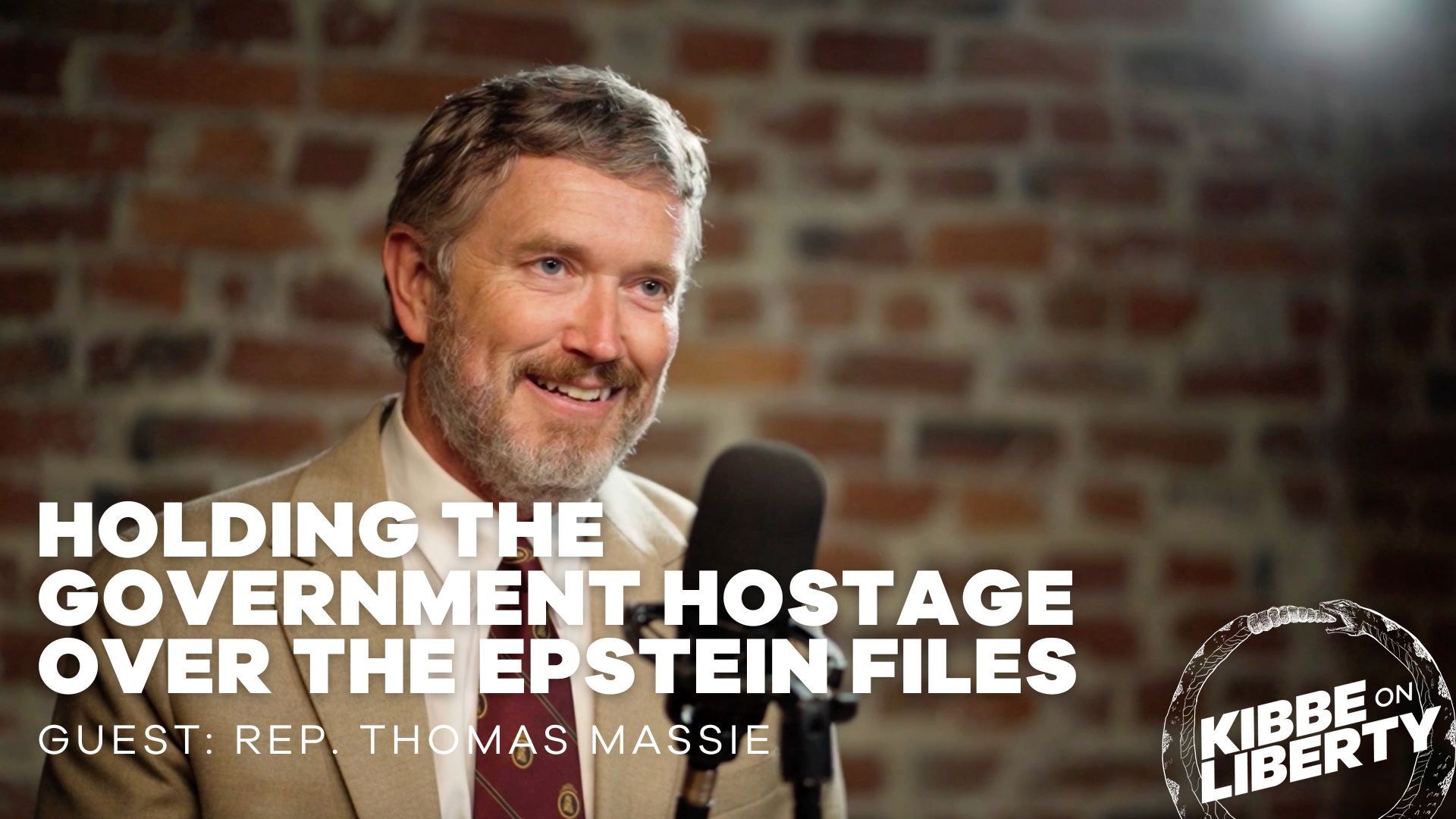
Bad Antitrust Is a Barrier to Data Privacy
TikTok is facing a ban, Congress proposed the American Privacy Rights Act (APRA), and lawmakers are busy proposing legislation focused on protecting children online. While the legislation has features that warrant concern, a more pernicious common feature isn’t getting due attention.
Concerns over the direction the Federal Trade Commission (FTC) is taking under current leadership are magnified when proposed legislation would rely on the agency for enforcement. The FTC may not just be negatively impacting antitrust but creating additional roadblocks to digital protections.
Even before becoming Chair of the FTC, Lina Khan was raising eyebrows with her critique of the consumer welfare standard, which guides antitrust enforcement to focus on consumer harm. In a now-famous quote from a Fox News interview, Khan appeared to embrace politicizing the agency when she stated “I think all decisions are political in so far as government agencies are bringing them.”
This statement flies in the face of the idea that the FTC is an agency focused on consumer protection and the enforcement of existing laws. Even the FTC staff have questioned whether or not the chair’s ultimate goal was to change the law rather than enforce it. With failure rates more than three times as high as some previous administrations, it’s clear that under Kahn’s leadership, the agency is not pursuing a winning strategy.
The Chair has also come under fire for refusing to recuse herself to avoid the appearance of impartiality. Even without the quote which seemingly embraces a political agenda, Khan’s history in academia and activism has meant that her opinions regarding prominent tech platforms are well documented. However, when the Designated Agency Ethics Official suggested that Khan’s participation in a proceeding involving Meta could provide the appearance of impartiality, Khan ultimately decided to remain on the case. This further contributed to the appearance that Khan was more focused on achieving specific aims than fairly enforcing the law.
As the agency could be the enforcer of pending legislation, concerns over the FTC’s strategy extend beyond antitrust.
The APRA, if passed, would be enforced by the FTC and the agency would have the additional authority to approve compliance guidelines for specific parameters of the legislation. In the proposed Kids Online Safety Act (KOSA), the FTC would be in charge of commissioning research, issuing guidance for compliance, and enforcing the law. The agency also plays a significant role in the proposed Children and Teens’ Privacy Protections Act, which would amend the Children’s Online Privacy Protection Act and is also enforced by the FTC.
While policy experts debate the tradeoffs of additional protections for children online, most can agree that a data privacy standard is needed even if the specifics can create conflict. However, the nature of the APRA is that it would focus on digital businesses, an area where the FTC’s impartiality has been questioned. The monumental political task of passing privacy legislation faces an additional roadblock when the agency that would enforce it is no longer a trusted neutral enforcer of legislation.
Before serious conversations can happen regarding the future of data privacy in the U.S., lawmakers should focus their attention on reining in an agency that risks weaponizing any legislation progress in this area.
The hurdle of drafting a passable law is huge, but the more hidden barrier is a rogue agency that can’t be trusted to enforce it.
Free the People publishes opinion-based articles from contributing writers. The opinions and ideas expressed do not always reflect the opinions and ideas that Free the People endorses. We believe in free speech, and in providing a platform for open dialogue. Feel free to leave a comment.




Pingback: Bad Antitrust Is a Barrier to Data Privacy - The American Consumer Institute Center for Citizen Research